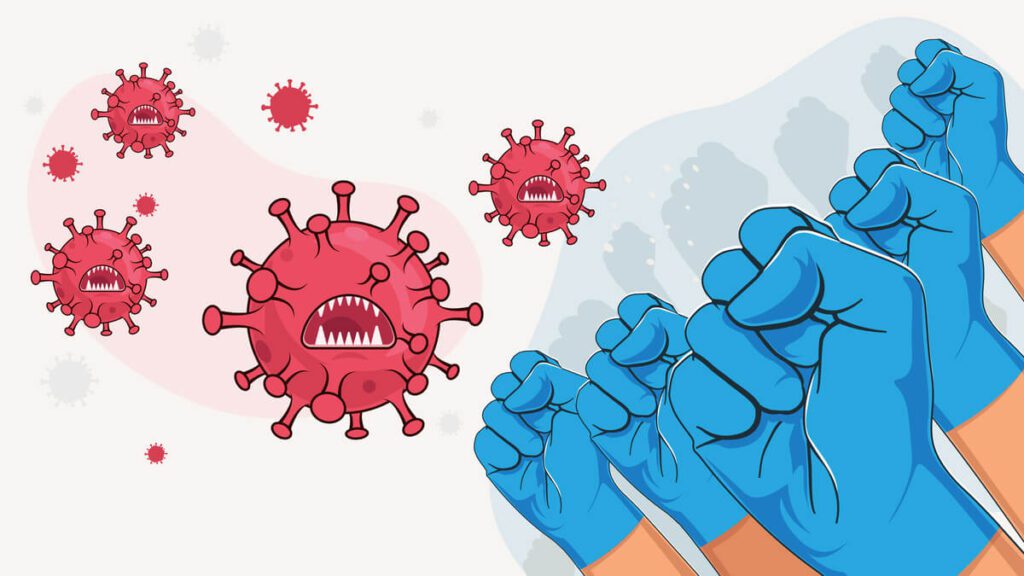
As the world is still dealing with the effects of the novel COVID-19 virus, many who have contracted and recovered from the disease are still experiencing ongoing symptoms months later.
Described as “Long-COVID,” a large study – which hasn’t been peer reviewed – conducted by Patient Led Research – a group of long COVID patients who are simultaneously researchers – surveyed 3,762 people aged 18 to 80-plus from 56 countries who responded in nine different languages to 257 different questions.
Two-hundred and five symptoms across 10 organ systems were recorded, with 66 symptoms traced over seven months. On average, respondents experienced symptoms from nine organ systems.
Roughly 65 percent of respondents (2,454) reported experiencing symptoms for at least six months. The most likely symptoms to persist after six months included fatigue, post-exertional malaise, brain fog, neurological sensations, headaches, memory problems, insomnia, muscle aches, palpitations, shortness of breath, dizziness/balance issues, and speech and language problems.
Nearly 86 percent of respondents experienced relapses, most commonly triggered by physical activity, stress, exercise and mental activity.
However, some good news has just surfaced on the horizon.
The UK’s Medicines & Healthcare products Regulatory Agency (MHRA) has approved the use of CoverScan MD, an MRI-based technology that maps the effects of COVID-19 on several of the body’s key organs, developed by Perspectum.
According to the statement by the company, CoverScan MD technology enables healthcare providers to identify Coronavirus-related systemic organ damage through scans of patients’ hearts, lungs, livers, as well as other internal organs, and to assess the impact of SARS-CoV-2 infections.
With the use of CoverScan MD, doctors in the UK and soon around the world will now have a technology to add to the arsenal of tools used to assess and evaluate patients with Long-COVID, while at the same time gain a greater understanding of its symptoms and long-term impact on different organ systems.
Many healthcare professionals on the frontlines consider this authorization to be timely, arguing that experts in the UK are developing a COVID follow up pathway which provides equitable access and high-quality community-based triage with rapid access to diagnostics and multi-specialty services.
“I cannot stress enough how much myself and a large number of people with Long-COVID have benefitted from CoverScan. For those of us with organ damage, it has accelerated our access to treatment by informing us exactly what organs need to be examined further, while for the rest of us, it has brought us invaluable peace of mind,” Lyth Hishmeh, CoverScan study patient, said in the statement.